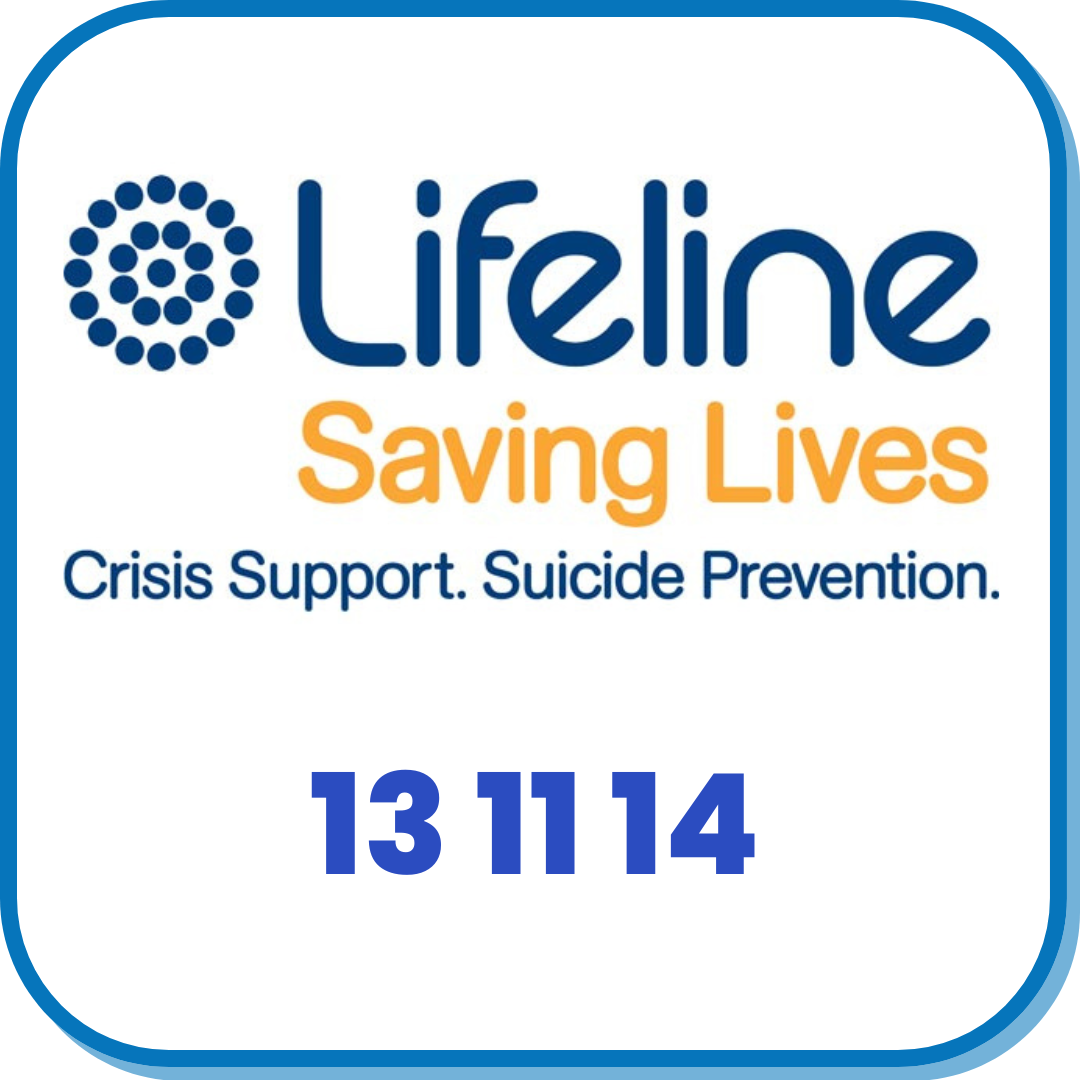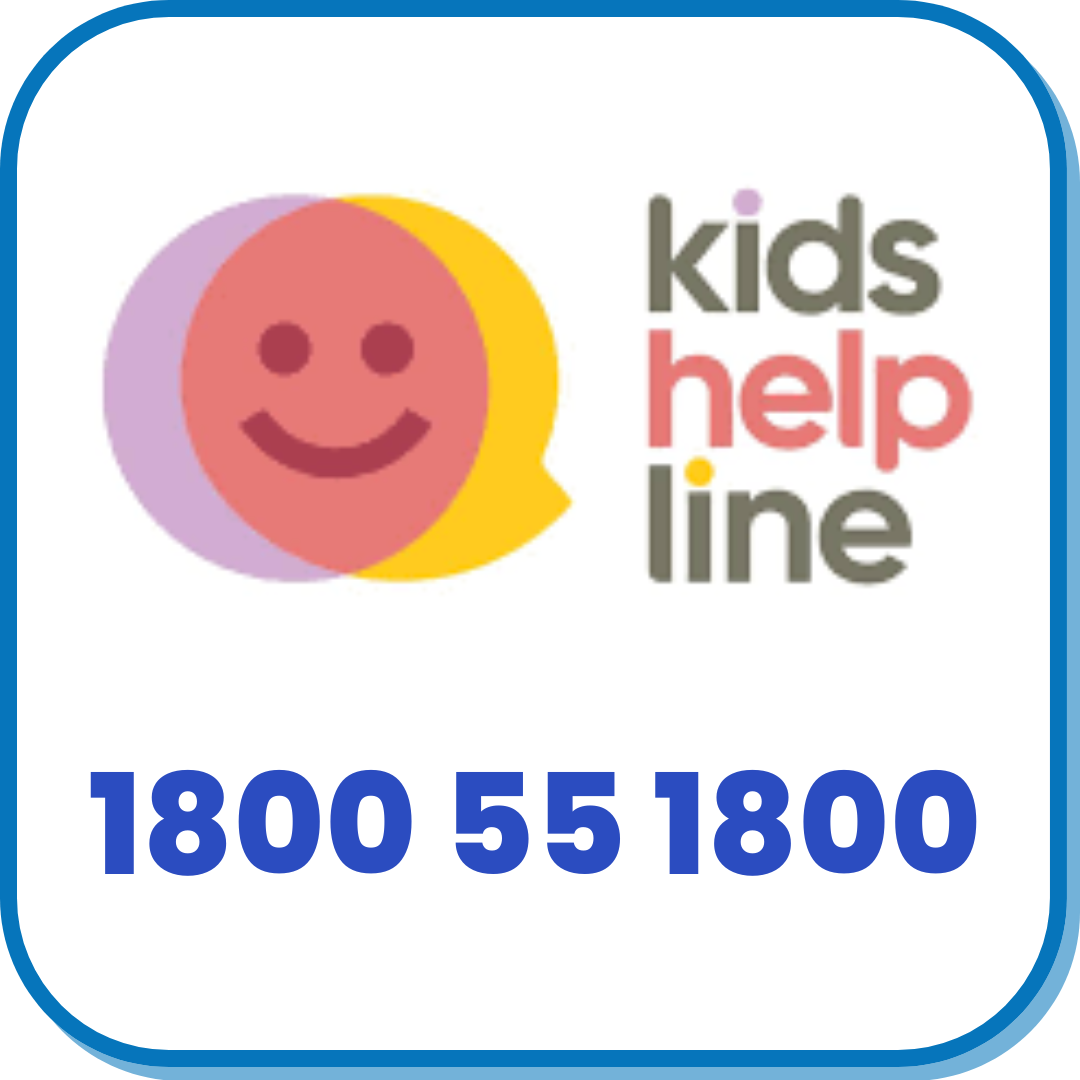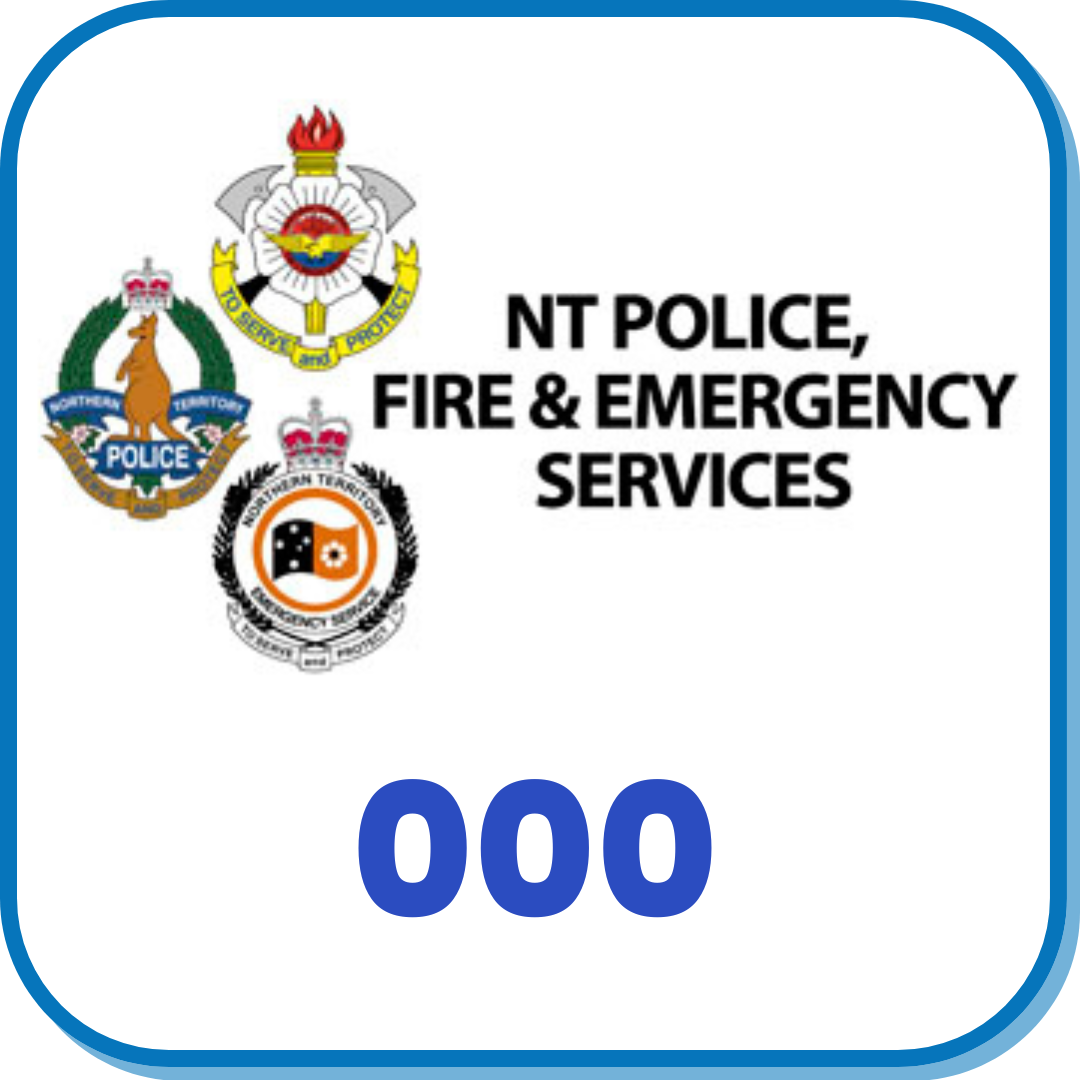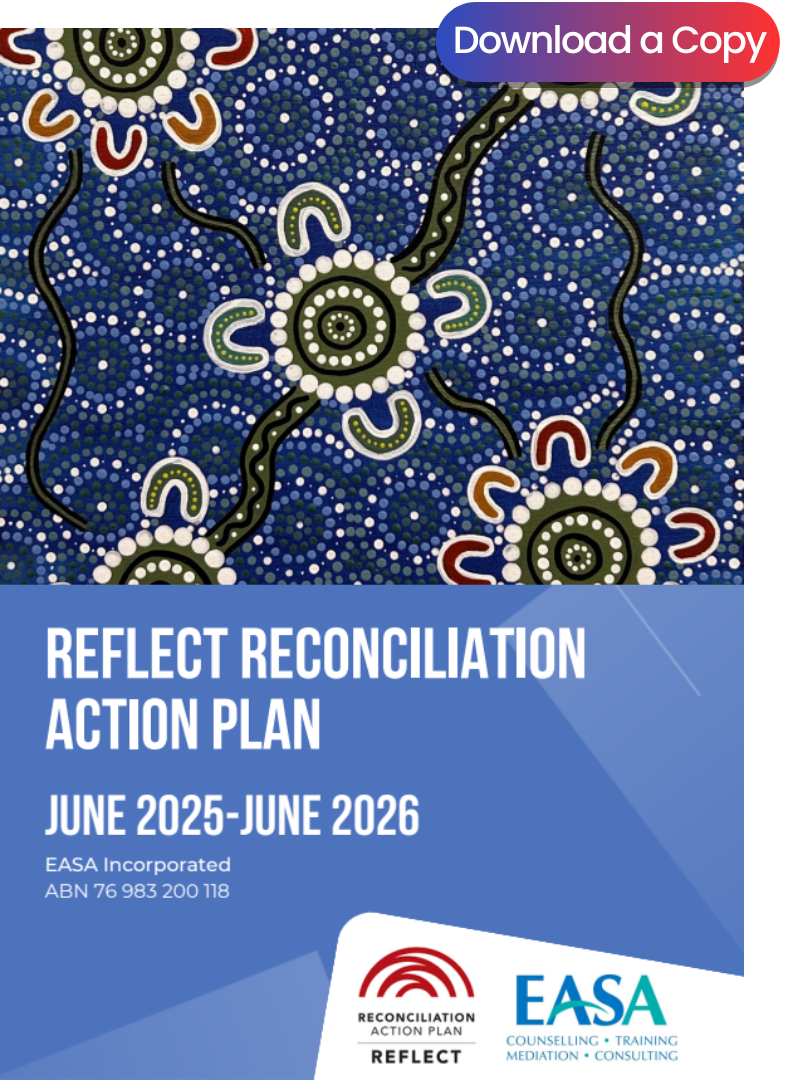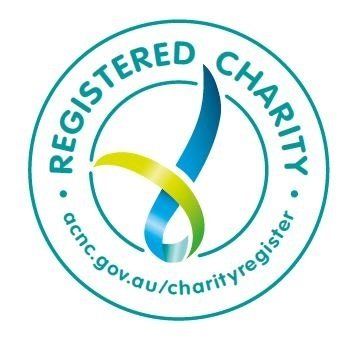4 Steps That Could Change a Life:

Ask: R U OK?
- Be friendly, relaxed and engaged
- Help them open up with questions like "How are you going?" or "What's been happening?"
- Mention things that have made you concerned for them, like "You seem less talkative than usual. Are you okay?"
Listen with an open mind
- Be considerate, take what the person says seriously and don't rush the conversation
- Don't judge
- If the person needs time to think, allow it and just sit with them
- Encourage them to explain things in-depth
- Demonstrate that you've heard what they've said by repeating things back to them and ask if you've understood
Encourage Action
- Ask: "How can I support you?"
- Encourage self-care by asking: "What's something you can do for yourself right now that's enjoyable or relaxing?"
- Explore possible supports the person could utilise, like family, friends, Lifeline and Beyond Blue
- If they've been exhibiting a low mood for more than 2 weeks or is at risk, contact a professional as soon as you can
Check In
- Call the person soon after your conversation
- Ask them if they've found ways to manage the situation. If they haven't don't judge them. Encourage them again
- Stay in touch and support them. Genuine concern can make a big difference
If Someone Needs Expert Help...
Some conversations are too big for family and friends to take on alone. If someone's been really low for more than 2 weeks - or is at risk - please contact a professional as soon as you can:
Lifeline
A 24/7 crisis support and suicide prevention service
Call: 13 11 14
Text: 0477 13 11 14
Suicide Call Back Service
A free 24/7 service for those affected by or at risk of suicide
Call: 1300 659 467
Beyond Blue
A free 24/7 brief counselling service for those having a hard time
Call: 1300 224 636
PLEASE NOTE: If you believe that a person's life is in danger, call 000.


